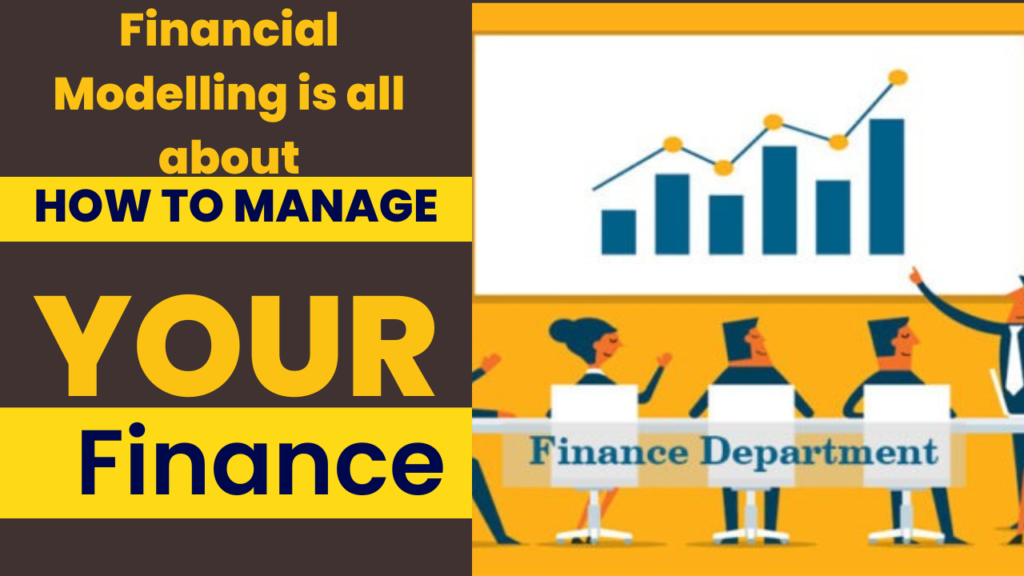
Financial management requires understanding credit card use, which may empower or burden people. This tutorial covers practical ways to manage your money and avoid credit card debt. This article is helpful, from comprehending credit card debt and how it works to evaluate the hazards and advantages. We advise building a financial safety net, consolidating debt, spending wisely, and avoiding unnecessary balance transfers and cash advances.
What Is Credit Card Debt?
Personal finances are affected by credit card debt, an unsecured obligation from revolving credit card borrowing. Unlike closed installment loans, credit card accounts allow consumers to amass debt over time. Credit bureaus carefully monitor and record these accounts, providing a complete credit history.
Month-to-month amounts are “credit card debt.” It provides flexible delayed payments yet has market-leading interest rates. Credit card debt’s unsecured nature and possible influence on credit scores must be understood. These details help people make educated judgments, develop appropriate financial habits, and reduce revolving credit risks.
How Credit Cards Work
Users may utilize credit cards as open-ended credit lines with no expiry date. Credit cards provide spending freedom, unlike loans with fixed payback periods. Each cardholder has a credit limit that limits their charges. Users may use their credit cards for transactions as long as they keep under this limit.
The borrower must return the loan monthly, in whole or in part. Interest is added to the debt if not paid in full, reflecting borrowing costs. Credit card limitations, payback choices, and curiosity must be understood for prudent card use and financial management.
Dangers Of Credit Card Debt
Those who accept higher credit limits risk credit card debt. The possibility of excessive debt increases as these restrictions grow. Minimum payments might provide the illusion of financial security, but interest keeps the debt growing. Unsecured credit card debt has higher interest rates than secured loans, increasing financial stress.
Repayment becomes difficult as balances rise and interest increases. Credit cards may trap people in a cycle of debt as payments rise. Credit history and ratings might also be severely impacted, impacting future financial chances. Recognizing the risks requires proactive financial management, proper credit usage, and measures to prevent credit card debt.
5 Ways To Avoid Credit Card Debts:
Construct A Safety Net:
A safety net is essential in financial management to prevent unexpected spending and credit card use. Building the required six-month living expenditure fund takes time, but beginning with $500 or $1,000 builds financial resiliency. A safety net protects against unforeseen expenses like auto maintenance and medical expenditures.
Increase this emergency savings gradually to reduce credit card debt exposure during crises. Saving and prioritizing financial stability help people avoid using credit cards in emergencies. Building a safety net gives you peace of mind and protects you against credit card debt.
Densify The Problem:
“Densifying the problem” means systematically analyzing and controlling debts. Start by listing monthly minimum payments and due dates. This detailed list of debts helps you decide how to repay them. Deficits may be assessed individually to determine financial severity and repayment alternatives.
This comprehensive examination is the first step toward debt resolution and sustainability. Densifying the issue enables a focused and effective treatment, preventing debt from ballooning out of control and promoting financial stability. Understanding and managing debts requires proactive action to avoid additional economic issues.
Only Spend What You Can Afford:
The financial motto “Only Spend What You Can Afford” promotes careful and sustainable spending. Credit might persuade people to spend more than they can afford. This practice may lead to a cycle of debt as people justify their capacity to pay. A disciplined spending style is healthy.
Save for desirable products instead of using credit for expensive expenses. This fosters financial discipline and responsible credit card usage. Avoid long-term debt by using the credit card only for goods you can pay off. Spending within one’s means helps people avoid credit card debt and financial instability.
Prevent Needless Balance Transfers:
Credit card debt management involves strategy and caution to avoid unnecessary balance transfers. Balance transfers may lower interest rates, but their frequent and careless usage might harm them. Understand each balance transfer’s purpose and ramifications to avoid unnecessary transfers.
Transmitting balances from a high-interest card to one with a lower rate might be wise, but paying attention to payment due dates can lead to a cycle of debt. Amount transfer costs and a failure to decrease debt might increase the amount. Successful credit management requires deliberate balance transfers that fit into a debt repayment plan rather than being a quick fix that worsens the situation.
Avoid Cash Advances:
Avoid cash advances to avoid one of the most expensive credit card transactions. Cash advances may seem like a fast fix in situations, but they have downsides. Cash advances are more costly than regular credit card transactions due to transaction fees, higher interest rates, and no grace period. Without a grace period, interest accrues quickly, increasing the financial strain.
To prevent the costs and long-term implications of cash loans, people should consider other financing options, particularly in times of financial need. Avoiding cash advances and choosing more financially feasible options helps people manage their money and avoid debt. This strategy improves financial security.
Conclusion
Financial management and credit card debt prevention need strategy and dedication. Starting with little emergency money reduces credit card use by protecting against unexpected spending. Debt management is facilitated by thoroughly analyzing existing debts. Spending just what you can afford promotes financial discipline and prevents obligation.
Preventing unnecessary balance transfers needs a well-planned debt repayment strategy. Also vital is avoiding financial advances due to their high expenses and long-term risks. These practical techniques help people achieve financial independence, credit history protection, and debt-free futures. Credit card responsibility is essential to long-term financial success.

